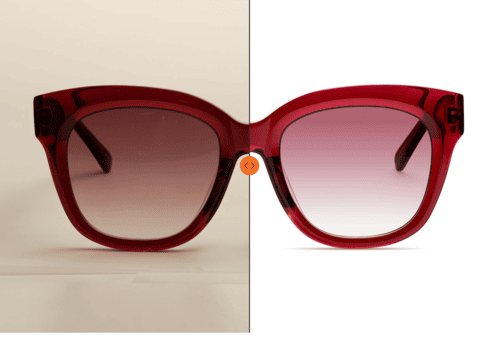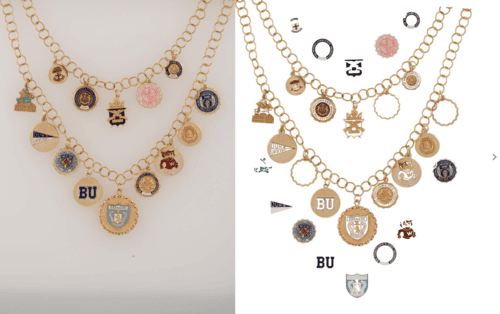What is product photography and why is it important?
Product photography is an essential part of any business that sells products online, in catalogs, or in any other visual format. It is the art of capturing high-quality and visually appealing images of products with the intention of marketing them. Professional product photos can add credibility to a brand, draw in customers, and help to differentiate it from competitors. We specialize in a range of services such as macro photography, white background photoshoots, tabletop & overhead product photography.
Do you offer tabletop and overhead product photography?
Yes, LenFlash is the perfect place for your tabletop and overhead product photography needs. Our experienced photographers have the skill and expertise to capture stunning photographs of large and small products. With our studio set up, you can be sure that you'll get the perfect shot. To learn more about the difference between tabletop and overhead photography, visit our LenFlash Tips section.
Are you wondering how to access and store your photography files with LenFlash?
We have you covered! Our photo storage service allows you to store an unlimited amount of photography orders in a secure and safe environment. With our dependable backup service, you won't have to worry about manually backing up your image and video files. Our backup service is designed to provide a one stop solution for eCommerce product photography, so you can rest assured that your files are safe and protected!
How much does professional product photography services cost?
Look no further than our comprehensive package of pricing options! LenFlash team of professional photographers will provide you with quality photos for your products. Our rates start at just $22 per image for small products like stickers and $30 per shot for accessories such as eyewear, footwear, and cosmetics. For more intricate and multi-layered products, prices may go up to $65 per image, while up to 5 products on one shot can be charged up to $200.00 per image. With our competitive rates, you can trust that you will get the product photos you need to make your business successful without breaking the bank. Check out our pricing guide today to get started!
How quickly can I expect to receive the final product photography shots?
Capturing the perfect product photography shots requires a certain amount of time, dependent on the individual direction of your project. Typically, it'll take 7 business days to get the photos back after they have been edited to perfection. Our team is made up of experienced photographers who are also experts in image editing, so you can rest assured that you'll receive pictures of the highest quality. On average, it takes around a few to several days for our team to carefully retouch and deliver your photos. However, the exact timeline may vary depending on the specific requirements of your project.
At our photography studio, you won't have to worry about hidden costs. All of our retouching services are included in our PHOTOGRAPHY pricing and packages, so you can get the perfect photos without any extra fees.
Do you offer product photography services for Amazon?
LenFlash is here to help you create the perfect product photography for Amazon. Our professional photographers have the expertise to meet the strict image standards set by Amazon, ensuring that your products have a consistent and visually appealing look that customers love. With our help, you can bring your products to life on Amazon and other marketplaces.
Would you be available for a consultation prior to the photoshoot?
Yes, our team of skilled eCommerce product photographers is available for a free consultation. We offer in-person consultations at our studio or remote consultations via Zoom call. Our team, which includes consultation and product styling staff, is ready to provide professional recommendations, pricing support, and meet all your needs for high-quality and precise product images that reflect your brand.
Are you ready to place an order with LenFlash.com? Here's how:
Step One: Sign up for an account. This quick process will only take a few minutes, and you'll be all set to begin.
Step Two: Select the photography type that suits your needs. Whether it's model photography or product photography, we've got you covered. We provide recommended photography directions for model shoots and a wide array of angle options for product photography. You can either provide us with your specific requirements or upload files with your instructions for us to follow.
Step Three: Choose to either deliver your product in person or ship it to our physical studio from anywhere in the world.
Additionally, we offer the option of a zoom link for you to observe our photography process, available at an extra cost of $100.00 per hour, with a minimum of one hour.









































































































































































































































































































































